Driver, The (1978)
“I really like chasing you.”
|
Synopsis: |
|
Genres, Themes, Actors, and Directors:
Response to Peary’s Review: … seem to be on their own and lost.” He adds that “it’s okay that Hill had O’Neal drive at high speeds as if he has ice water in his veins, but since he’s just as expressionless outside his car, there are no sparks when he interacts with other characters.” Indeed, O’Neal has exactly one slightly modulated expression throughout this film. DVD Savant as amusingly forthright in his take on O’Neal’s performance, noting that:
Peary adds that “the most disappointing scenes are those in which [O’Neal] gets together with the equally reserved Isabelle Adjani and both are as cool and exciting as cucumbers.” Peary points out that “Hill’s at his best directing action scenes”; however, while the film’s car chases are “excitingly filmed”, they’re also “too long and repetitive.” I’m in agreement with Peary’s review: there’s plenty of action here, but O’Neal’s dull protagonist gives us nothing to hold onto. While we’d love to root for “brutal, slightly unhinged Las Vegas cop Bruce Dern,” he’s a bit of a d**k so that doesn’t feel quite right, either. I’m a much bigger fan of Hill’s follow-up cult film, The Warriors (1979). Notable Performances, Qualities, and Moments:
Must See? Links: |
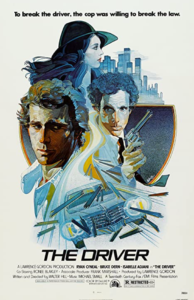
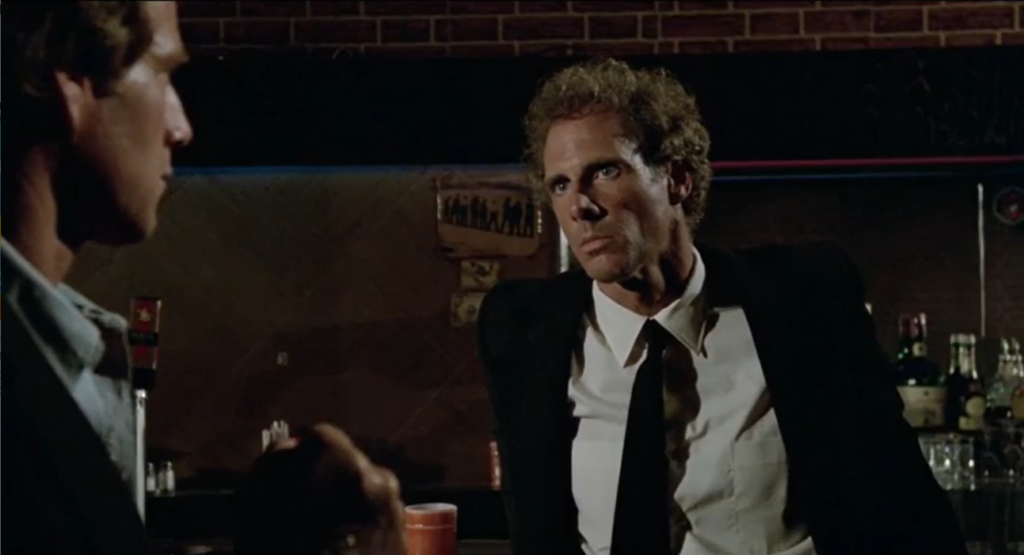
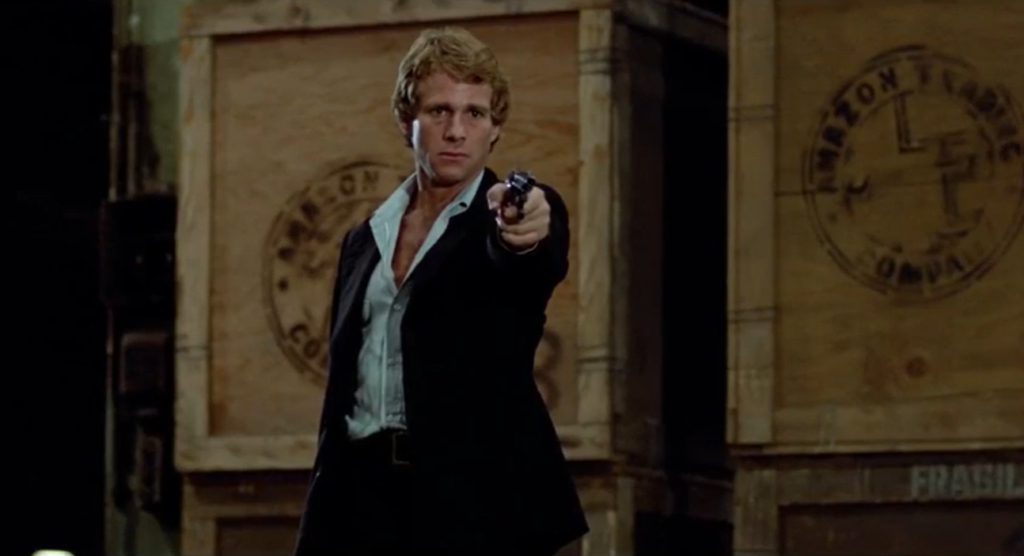
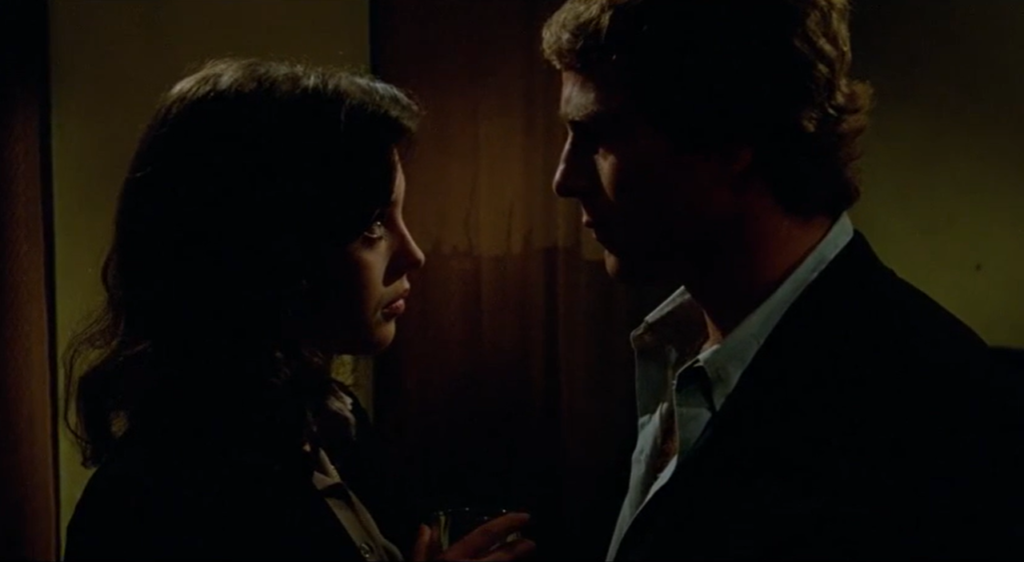
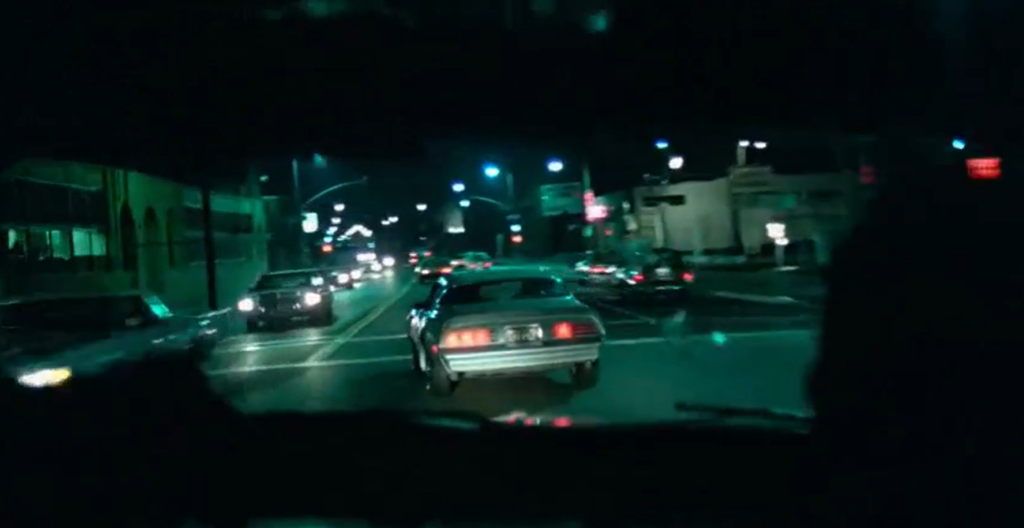
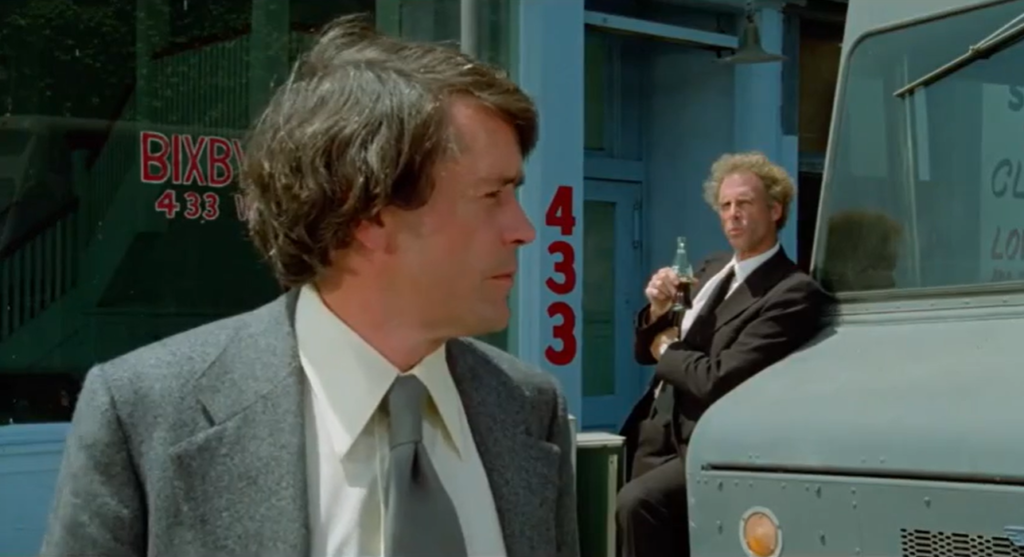
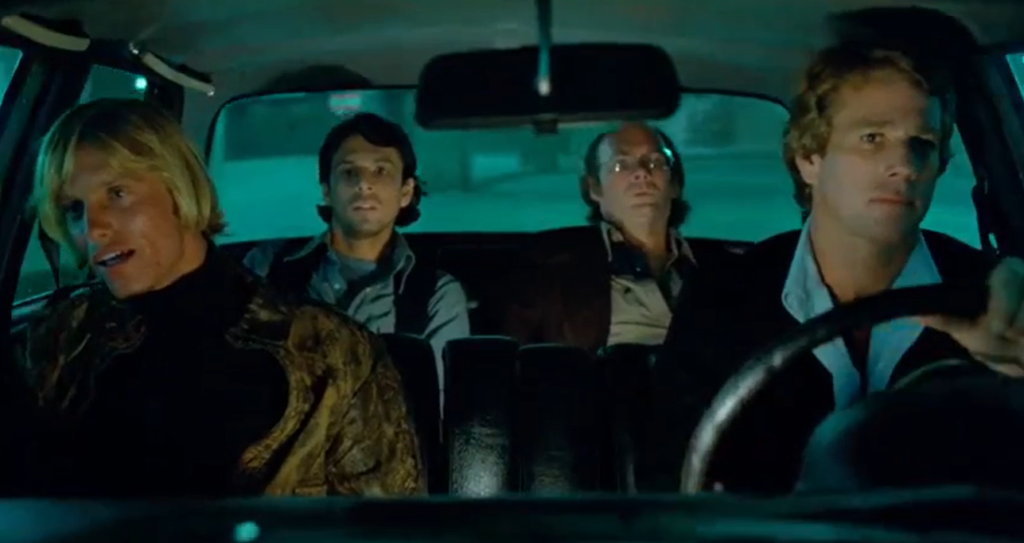
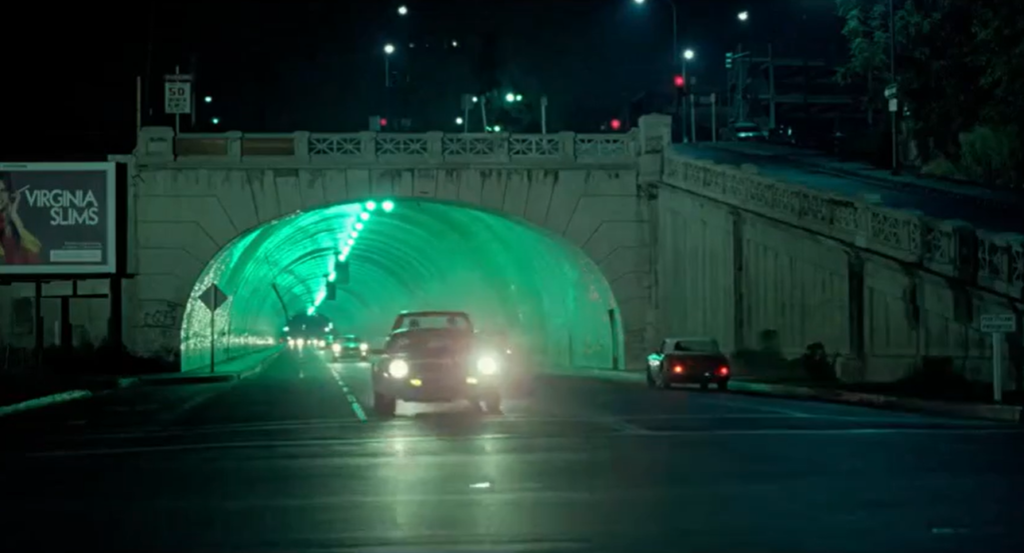
One thought on “Driver, The (1978)”
First viewing (4/1/21). Not must-see, but fans of this type of crime / action flick will have interest.
The film starts out well – with an impressive chase sequence that illustrates why O’Neal is one of the best at what he does. (This and the similar – though more elaborately orchestrated – sequence that gives the film its climax are the best things about the film.)
It gets a bit too talky for a while – but midway there’s a cool twist that leads to a somewhat more complicated second half. There are a few blips in logic, which can be easily overlooked.
Reviews were particularly harsh, with the film being called everything from “ultraviolet trash” (LA Times) to “awful… pretentious… silly” (NY Times). Those are misreadings of the film, I think. According to Wikipedia, Hill says he was “interested to see how ‘pure’ a film [I] could make: a genre film that did not conform itself in conventional, Hollywood ways.” He more or less succeeded; it’s different enough to be a surprise.
Still, it comes up a bit short, esp. the somewhat-rushed ending.
It’s interesting that Hill cites Edward Hopper as the major influence on the film. I don’t see that manifest exactly except occasionally in some of the downtime scenes.